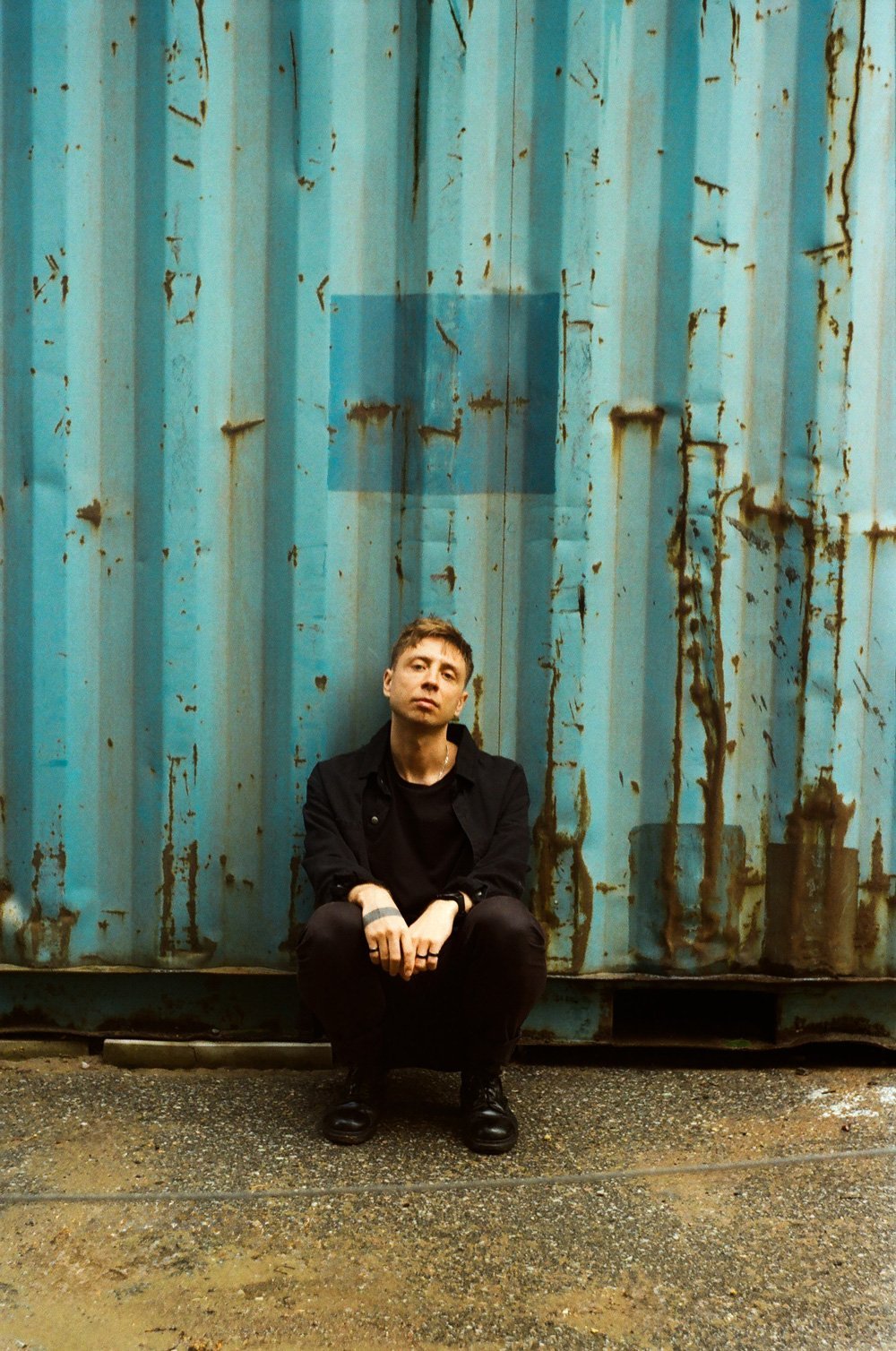Born amid St. Petersburg’s baroque spires, Nikita Shutov, known to the world as Nicko Shuo, turned a late-night trance fascination into a clear, focused techno sound. Long before he hit “Record”, he hunted industrial and melodic textures at underground parties, discovering how music could carry emotion and spark ideas. Though making his own tracks felt daunting at first, relentless self-study drew him deep into techno and laid the groundwork for his style.
Like many artists, he started by dissecting established acts’ stems and techniques to learn the craft. With each attempt, he uncovered more of his own voice. Today, he lives by minimalism: simple processing, a handful of handpicked samples thoroughly transformed, and just enough tracks to keep mixes clean and machines running smoothly. By keeping things small, he lets his textures and rhythms shine.
The studio is Nicko’s refuge. He opens Ableton, sketches ideas, then steps away for a few days. Returning with fresh ears, he refines each track until it feels truly finished.
Now that his debut album Siniestro on Plazma has been out for a while, Nicko is already looking ahead: plotting a world tour, launching a label to uplift new talent, and lining up remixes and collaborations.
But what daily rituals and unexpected twists keep him so focused? Read on to find out.
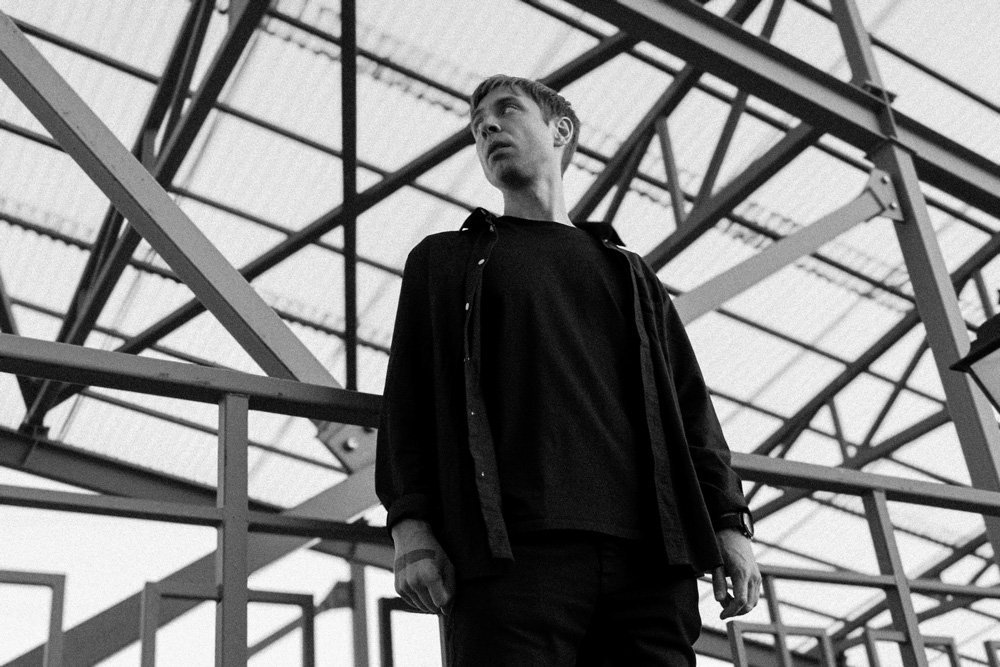
Firstly, what is your full name, age, and where are you from?
My name is Nikita Shutov. I was born in St. Petersburg, Russia. I am 34 years old.
What was the first experience or moment in your life that made you fall in love with music, even before you decided to pursue it professionally?
I started my journey as an electronic musician writing trance music. I really loved genres like uplifting and progressive trance. I often went to parties, and at some point I realized I wanted to express myself by creating my own tracks. It didn’t seem like an easy thing to do, but the self‑study that followed eventually led me to techno.
When did electronic music first catch your attention? Was there a specific track, DJ, or moment that opened your ears to this genre?
My first experience was with melodic and industrial sounds. I was inspired by Edit Select, Inigo Kennedy, Perc, SNTS, and other artists in the genre. Some of my favorite tracks were Slam – “Cirklon Bells” (Edit Select Remix), Inigo Kennedy – “Winter,” and Ghost in the Machine – “Hall of Flame.”
You’ve had quite a diverse musical journey, experimenting with various genres before settling on fast techno. What was it about the energy and rhythm of 140 BPM techno that clicked for you?
It was uplifting trance. I still love that genre of electronic music to this day.
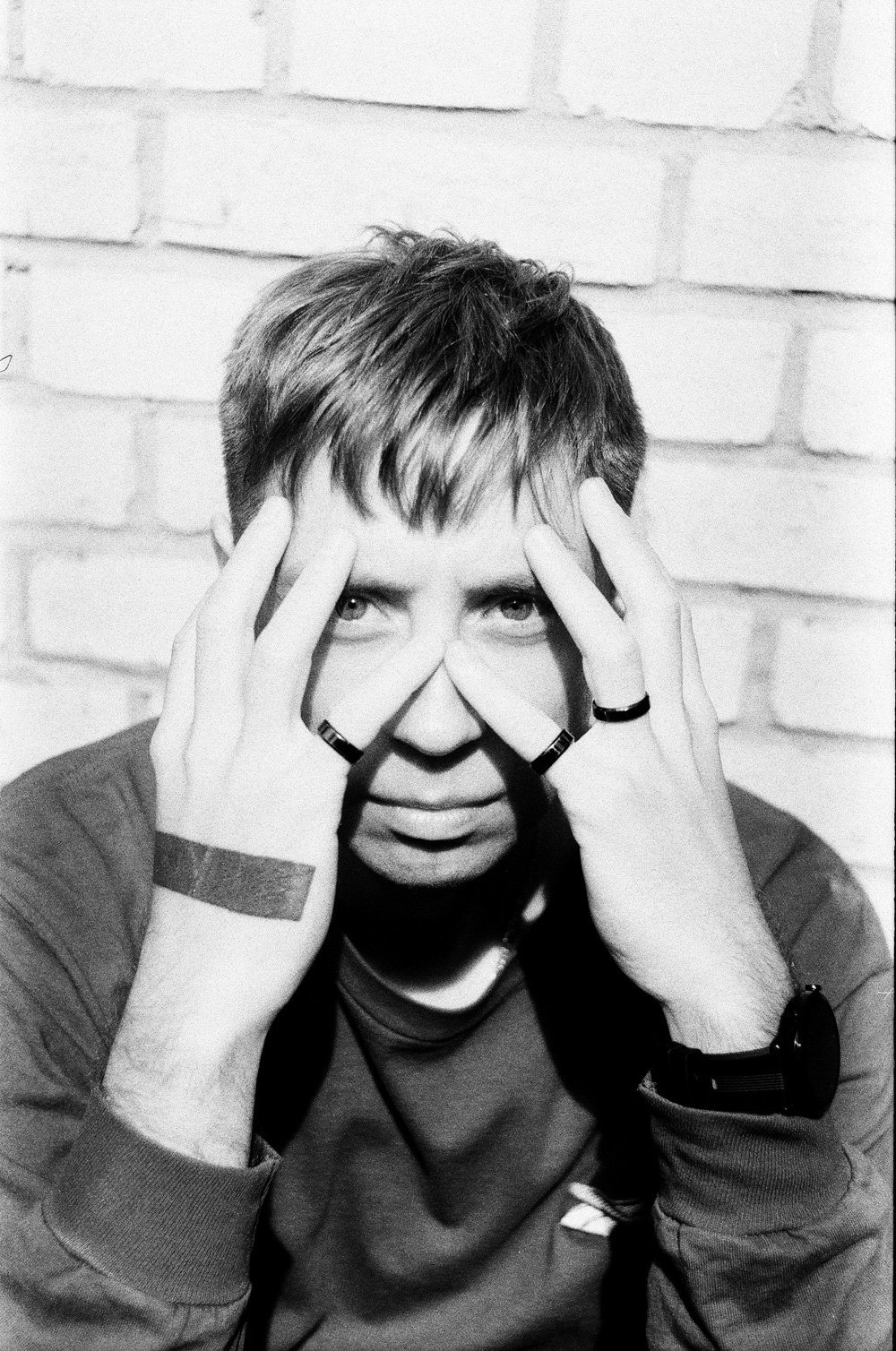
You’ve spoken before about starting out by emulating other artists before finding your distinct sound. Do you ever feel torn between what you think people might expect from you— whether it’s making something more commercially viable, more raw, or fitting a certain mold—and staying authentic to your own artistic identity? How do you navigate those moments when it feels like you’re being pulled in different directions?
Yes, at the beginning of my musical journey I imitated other artists in the techno scene. That was back then—before I discovered my own identity. Now I’m honing my own sound, which I want to develop and make recognizable. I think that’s a necessary part of the growth process.
What role does your hometown of St. Petersburg play in your music if any? Do you feel a connection between the city’s energy and your sound?
The city’s energy, vibe, and history influence me in every sphere. It helps shape my character, so I’m sure the energy of St. Petersburg has shaped my sound as well. There’s a strong electronic‑music culture here, with techno playing one of the leading roles. Unfortunately, in recent years there have been fewer interesting techno events.
You’ve said that creating music is a form of liberation for you. Can you elaborate on how your music helps you process internal restlessness? How do you channel your emotions into your tracks?
Music helps me calm down and silence the nonstop thoughts in my head. When I open Ableton, all my worries fade away and I can focus on creating. It’s like stepping through a portal into another reality—it really lets me reboot. I just sit down and start writing, letting all the emotions and ideas in my head pour out.
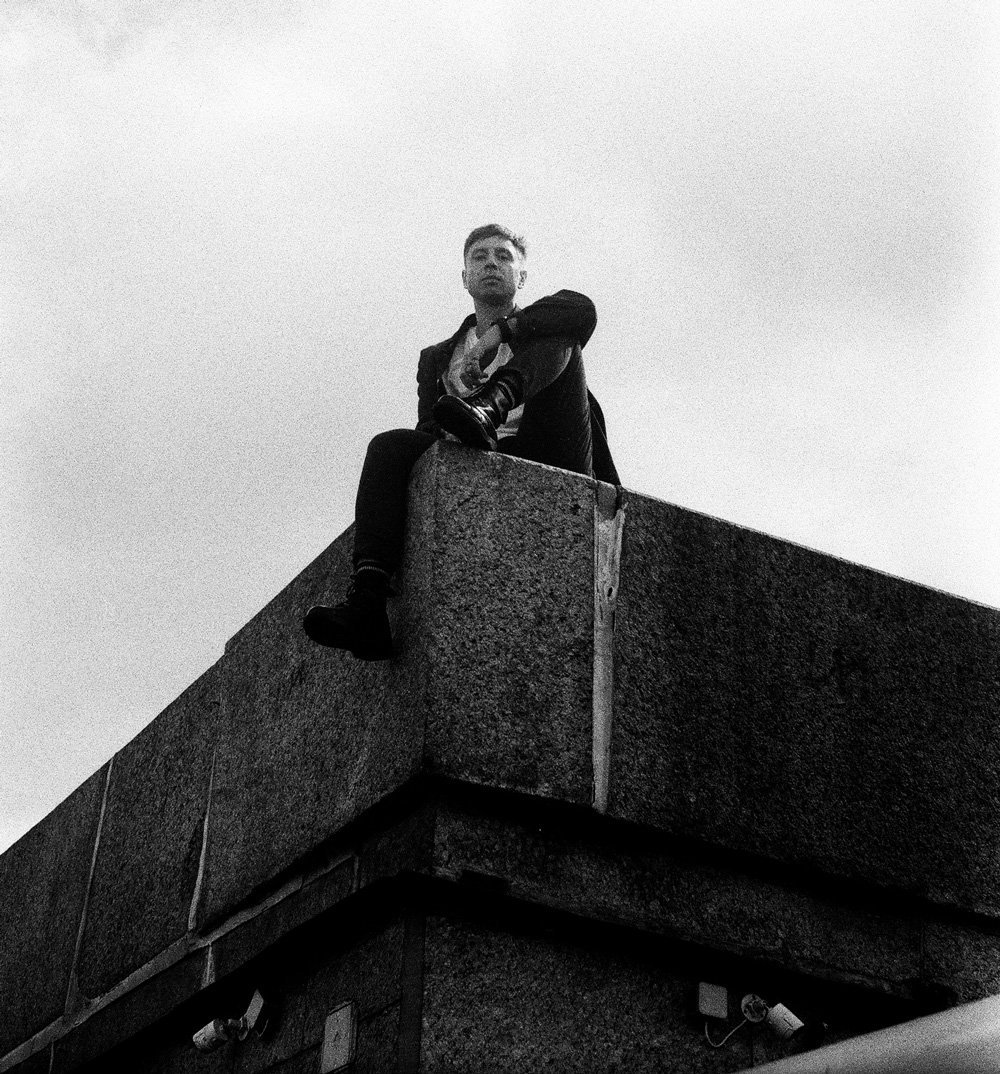
What is the most significant sacrifice you’ve had to make or continue to make in pursuing your passion for music?
I’ve started leaving the house less. 🙂 I spend most of my free time writing tracks or recording mixes. Right now it doesn’t bring me much financial support, but I don’t regret it—working with music brings me pleasure, and that’s what matters most.
How has your personal journey and experiences influenced your music, and how do you express your individuality through your sound?
I’ve been listening to a wide range of releases lately, and in them I keep finding new solutions for sound synthesis. It’s an ongoing search for the best ideas.
I think individuality is partly shaped by external circumstances—your emotional state and what’s happening in life at the moment—but that’s not the whole story. You need to reach inner harmony and calmness; only then can you truly express yourself and show your individuality.
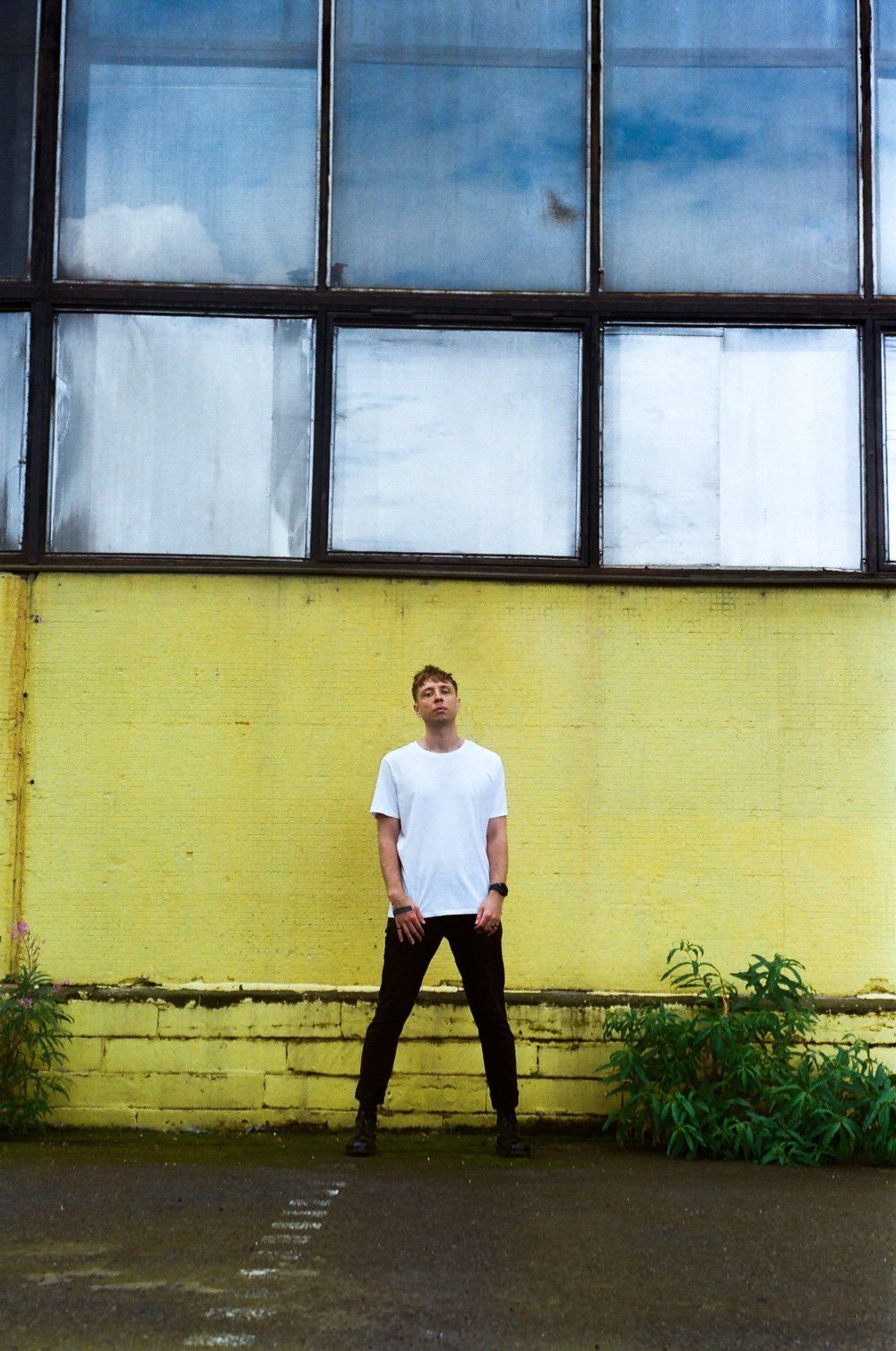
Walk us through your typical creative process when producing a new track. How do you start, and how do you know when a piece of music is complete?
At the very beginning I decide what sound I want to achieve, references help a lot with that. I keep a library of prepared drums, percussion, and other sounds, and I love creating my own samples and experimenting with them. I often turn a single sample into leads and basses with simple processing. I lean toward minimalism: the fewer tracks and effects, the better. That keeps the mix cleaner and spares the CPU. :)
When I feel a track (or several tracks) is finished, I leave it for three to five days and come back with fresh ears. If needed, I make small tweaks to the arrangement. After that, the tracks are ready for release.
You mentioned feeling critical of your past releases but later recognizing their completion. How do you approach self-reflection in your music-making process, and how do you overcome the pressure to always “do better”?
The quality of your music improves when you practice regularly. It takes self‑discipline and love for what you’re doing. I don’t feel any pressure, I just make music based on my current skills. I’m happy to listen to my past tracks and realize the sound is getting better.
What are some of the key messages or themes you aim to convey through your music?
The main idea is dance—immersion in every sound. I don’t try to make the music complicated. Techno is a single mechanism that should make you move.
If your music were a visual art piece, what would it look like, and what emotions would it evoke?
Avant‑garde era, Suprematism—something formless and abstract. I love that period and the paintings created then, and I feel my music resonates with that style.
Your debut album on Plazma, Siniestro, has been out for a few months now. Looking back, what were the thoughts, ideas or emotions that led to the creation of the album, and how do you feel about the response it’s received so far?
I was very excited to release on your label, and I wrote this album specifically for Plazma. Every track is personal to me. While writing, I read a lot, and different images popped into my head, which I translated into music.
Thank you for the album cover—it turned out great!
What are your go-to music production tools and instruments?
I work in Ableton Live. I mostly use its built‑in instruments and effects. I love working with samples and experimenting with them.
Who are some of your biggest artistic influences, both within and outside the music industry? How have they shaped your approach to creating music?
I’ve been influenced by electronic‑music culture itself and its evolution. I saw the potential in it for myself. I try to take something unique from every style and direction, and that helps shape my sound.
You’ve shared your enthusiasm for collaborating and remixing. What do you think a good collaboration brings to the table that working alone cannot? Could you share a memorable collaboration experience that significantly impacted your own sound?
I love collaborating and making remixes. When it comes to remixes, working with stems is always exciting. It’s fascinating to see what approach each musician takes—what sounds they use and how they process them. It fills and further enriches my creative potential.
Techno has often been associated with underground culture, but it’s also gaining recognition as an influential art form. How do you see techno’s place in the broader art world? Do you think it has been properly understood or appreciated in artistic circles outside of the dance floor?
I think techno is about abstract, non‑standard thinking. It relates to all art forms—choreography, images, film. Techno is a style; it’s a culture.
Can you tell us about your DJ debut? Where did it happen and how did it unfold?
My DJ debut was in 2021. At the time I was producing trance music under the pseudonym Wonder Element. A Moscow promo crew noticed me and invited me to play at their Trance Universe festival. The experience was thrilling,especially the 15–20 minutes before my set. But after mixing a few tracks I relaxed, found my confidence, and started to enjoy the process. The audience was very responsive.
How do you usually prepare before a gig? How much space do you leave for improvisation in your sets?
I usually know in advance which tracks I’m going to play from start to finish. I like consistency and harmony in a set, I believe a set is a form of storytelling. I’ll improvise if it’s at least two hours long and the audience is ready for it.
What is your standard or most preferred technical setup for the performance?
Usually a standard setup with two DJ controllers and a mixing desk. In the future I want to mix on three or four controllers and learn to play vinyl.
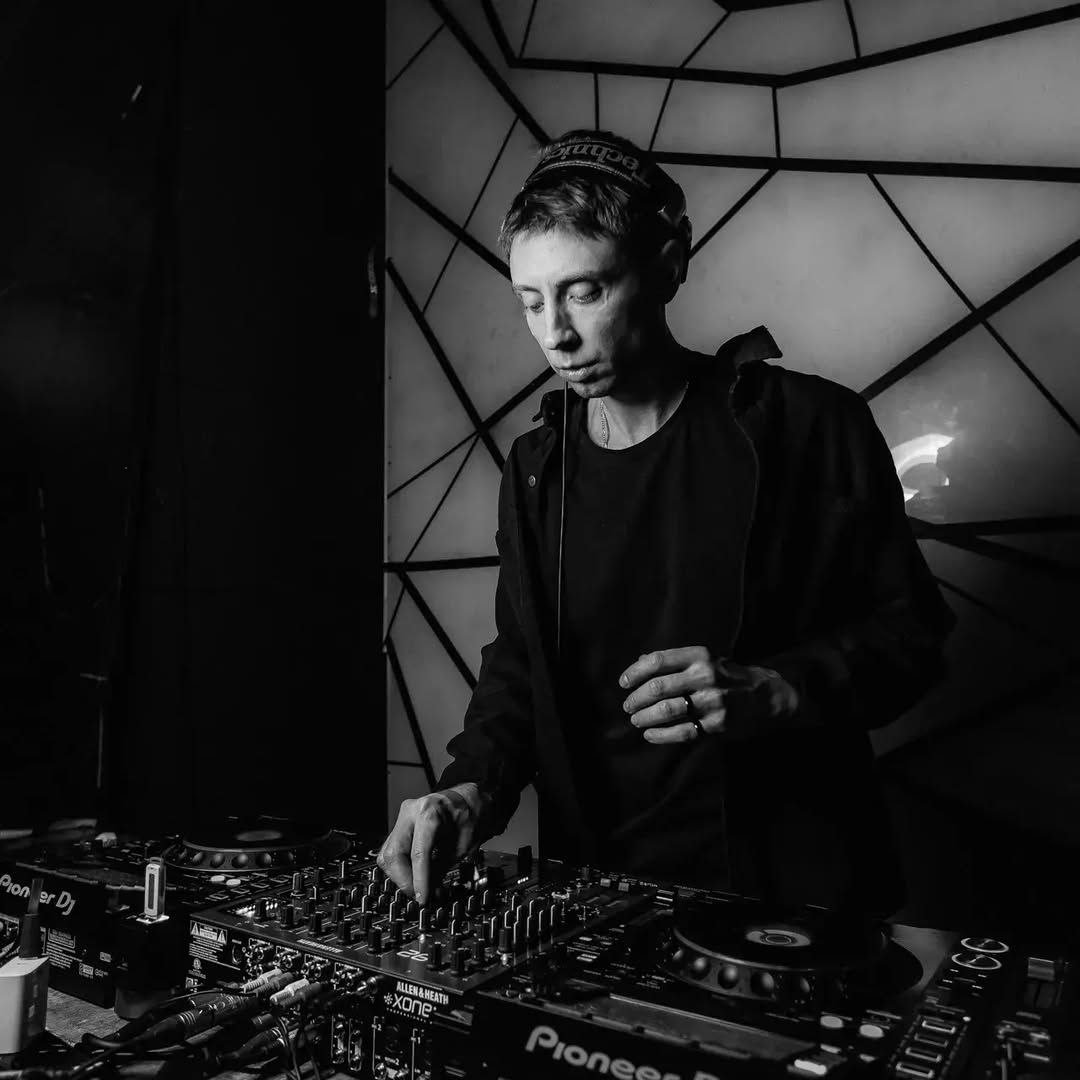
In your opinion, what are some key elements that make a DJ set memorable and leave a lasting impact on the audience?
The music. Especially in techno. It all depends on track selection and the ability to present it professionally. The club’s acoustics also have a big influence.
The techno industry has experienced significant growth and changes over the years. From your perspective, how has the industry evolved, and what are some positive or negative aspects you’ve observed throughout your journey as an artist?
The biggest change I’ve noticed is that self‑promotion has become more important than the music itself. Marketing now comes first, and that’s sad. To play parties you have to network constantly, but not everyone can do that. These days it’s not enough to write good music—you also need to promote yourself as an artist, sometimes in ways that aren’t entirely honest.
On the other hand, making music is now accessible to many more people. You don’t need expensive analog synths; a good laptop and a love of techno are enough. Anyone who wants to try this genre can do it without major costs.
The music industry can be overwhelming at times. How do you protect your creative energy and stay grounded amidst the pressures of producing and performing?
I practice and teach hot yoga. It really helps me de‑stress my body and mind. I also try to spend time with friends and support each other. Times aren’t easy, but the support of loved ones is very necessary and helpful.
Starting out as a new producer can be daunting. What advice would you give to other aspiring artists who are just beginning their journey in music production?
One piece of advice is consistency. Set aside two or three hours a day, no matter what. In time you’ll see your first results and releases, and that motivation will keep you moving forward.
What are your goals and aspirations as an artist? Where do you see yourself and your music heading in the future?
I want to become a touring musician, playing shows all over the world. I also aim to release my music on top techno labels. Soon I plan to start my own label and promote emerging artists worldwide.
Are there any upcoming projects or collaborations that you’re excited about and would like to share with your fans and the audience?
New collaborations with artists such as Damne, Martyn Playfrd, and Tasha Safari are coming soon. I also have several remixes slated for release on various labels.
And once again, thank you to Plazma Records for welcoming me into the family.
Love,
Nicko.
